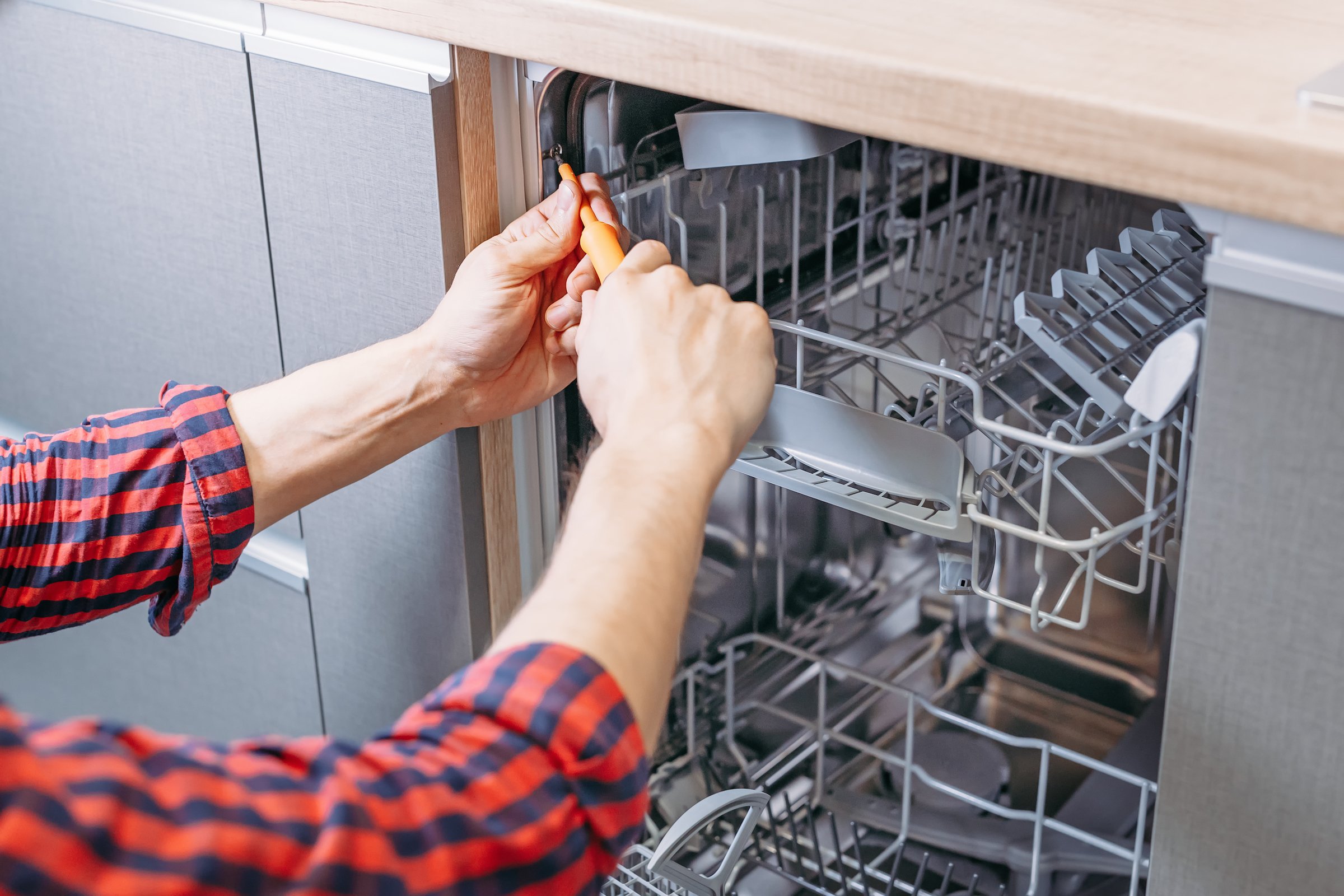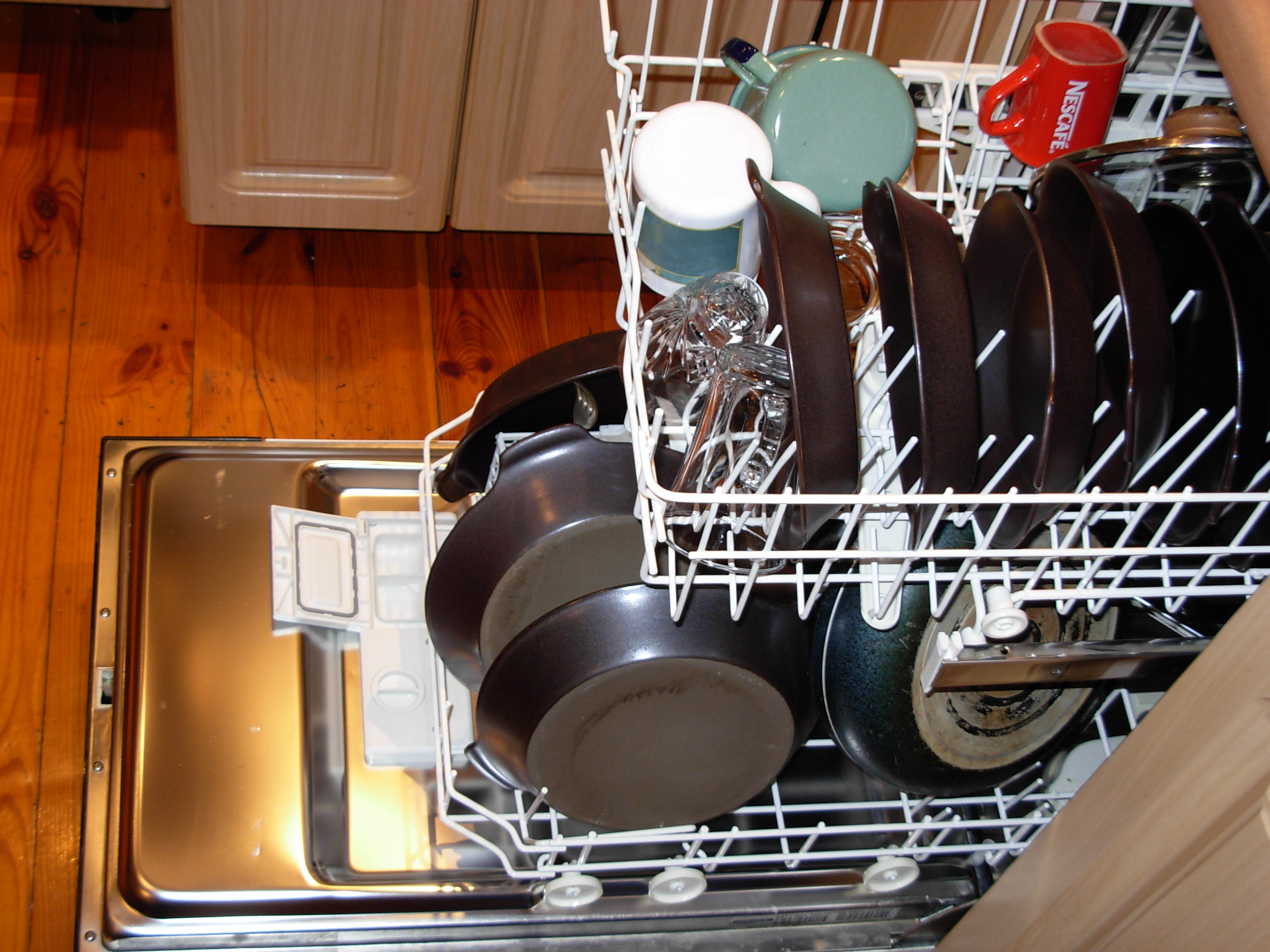Dishwasher Won't Start? Below Are Ways To Fix The Problem
Dishwasher Won't Start? Below Are Ways To Fix The Problem
Blog Article
This article in the next paragraphs relating to Common Dishwasher Problems is totally fascinating. Don't bypass it.

Having your dishwashing machine breakdown or breakdown can be a big deal as well as cause some pain at home. Dish washers are devices that we utilize to clean recipes and flatwares immediately to save us the stress and anxiety of manually doing it.
Like every other machine that alleviates human effort, dish washers can break down and create some fault at some time in time. There are numerous faults your dish washer might create, as well as while some of them can be resolved by changing some parts or fixing them, various other much more extreme flaws will call for that you get a new dishwashing machine.
This short article will certainly determine a few typical mistakes your dishwashing machine could create to impede its overall efficiency as well as how these mistakes can be fixed.
Common Mistakes
Typical dishwasher mistakes might range from small to major ones. Depending on the extent, you will certainly either need the services of specialist plumbings to take care of or replace it.
Several of the most common mistakes include:
Dripping Dishwashing machine
This is probably one of the most everyday dish washer problem, and also fortunately is that it is very easy to determine. Leaks happen due to a number of factors, as well as the leaks can ruin your kitchen. Typical causes of dishwashing machine leaks consist of;
Bad-Smelling Dishwashing machine
This is one more typical dish washer trouble, and also it is mainly caused by food debris or grease lingering in the device. In this case, look for these fragments, take them out and also do the dishes without any meals inside the maker. Clean the filter extensively. That will help eliminate the bad odor. Make sure that you get rid of every food fragment from your recipes before transferring it to the machine in the future.
Failure to Drain
Often you may observe a big quantity of water left in your bathtub after a clean. That is possibly a water drainage trouble. You can either examine the drain hose for damages or blockages. When in doubt, contact a professional to have it checked and taken care of.
Does unclean appropriately
If your recipes as well as flatwares appear of the dishwashing machine as well as still look filthy or unclean, your spray arms may be a problem. Oftentimes, the spray arms can get clogged, and also it will certainly call for a fast tidy or a replacement to work efficiently once more.
Verdict
Several of these typical dishwashing machine faults can be repaired conveniently at home, but in some cases, the mistakes could be substantial as well as may need the interest of professionals. If you live in Rochester, Syracuse, and various other parts of America, allowed the experts correctly detect what could be incorrect with your dishwasher and also extend an option.
We also mount dish washers if you just bought a brand-new one or intend to replace your very own. With our many years of experience in the sector, we make sure to offer you the very best possible solutions.
7 Common Dishwasher Problems (and How to Fix Them)
Dirty, smelly, possibly covered in cheese. Is there anything more frustrating than opening the dishwasher only to find the dirty dishes are still there?! I mean, the main reason you buy a dishwasher is so you don’t have to deal with dirty dishes. C’mon dishwasher, you had one job.
A little maintenance goes a long way when it comes to appliances, but the truth is nothing lasts forever (sadly). That doesn’t mean it’s hopeless, though. With a handful of simple tricks, you can fix some of the most common dishwasher problems and bring that sparkle back into your dishwasher and back into your life.
My Dishes Are Still Dirty
This is at the top of a list for a reason. Dirty dishes are common and frustrating. Easy fixes first; check if your dishwasher has a manual filter and make sure that it’s clean and clear of debris. Then, as you load your dishwasher, make sure that the spray arms can rotate freely, spraying water throughout the drum. If they’re blocked or obstructed, you won’t be getting optimal cleaning performance. If the problem continues, check if your spray arms are clean and moving freely as grease and food particles can prevent them from spinning.
Also, stop pre-rinsing your dishes! Modern dishwashers use sensors to determine the soil level of the dishes. If you rinse them off too much, your dishwasher may select a shorter cycle than is necessary. Modern detergents also use enzymes that activate when they come in contact with food particles. If you remove the particles, your detergent will be less effective too.
My Dishes Aren’t Drying
The easiest fixes here are to add Rinse Aid to your dishwasher when you start the load to assist drying, and to make sure you don’t stack plastic against plastic or other hard to dry materials. It’s also a good idea to open the dishwasher door when the cycle is complete to release steam and prevent condensation from settling on your dishes (some higher-end machines even open automatically). If your dishwasher has a heating element, you may have to check if it is working properly. Check also the fan if your dishwasher has a stainless steel tub that uses blown radiant heat to dry.
My Dishwasher Smells Bad
If your dishwasher smells bad, make sure your filter and screens are cleaned of any grime and food residue. Check the spray arms and gasket on the door to make sure there’s no grease or food waste there as well. If you’ve done that, then it may just be time to sanitize the drum. Place a small bowl with vinegar in the upper basket of your empty dishwasher and run the sanitize cycle (or the hottest cycle you’ve got) to blast away bad odours.
My Dishwasher Won’t Start
If your dishwasher won’t start there’s often an electrical problem, and if you’re lucky that means there’s a very easy fix. Ask yourself, have I tried turning it off and on? If not, then do that. If it’s still not working, try unplugging and re-plugging in the machine and double-check your breaker to make sure power is feeding the unit. If it’s a mechanical problem, then it may be that your door isn’t latching properly and a simple realignment will get things sorted out.
My Dishwasher Won’t Fill
If possible, check your intake valves and make sure that the screen is clear and that there’s no blockage obstructing water flow. If that’s not it, then the float and/or float switch located at the bottom of the drum could be the problem. Make sure that the electrical connections are intact and that the mechanism hasn’t been damaged or blocked in any way.
https://www.wardells.ca/blog/7-Common-Dishwasher-Problems--and-How-to-Fix-Them-

I have been very excited about How to Troubleshoot & Repair a Dishwasher and I'm hoping you appreciated my entry. Feel free to set aside a second to share this blog posting if you appreciated it. Thanks a lot for going through it.
This Resource Report this page